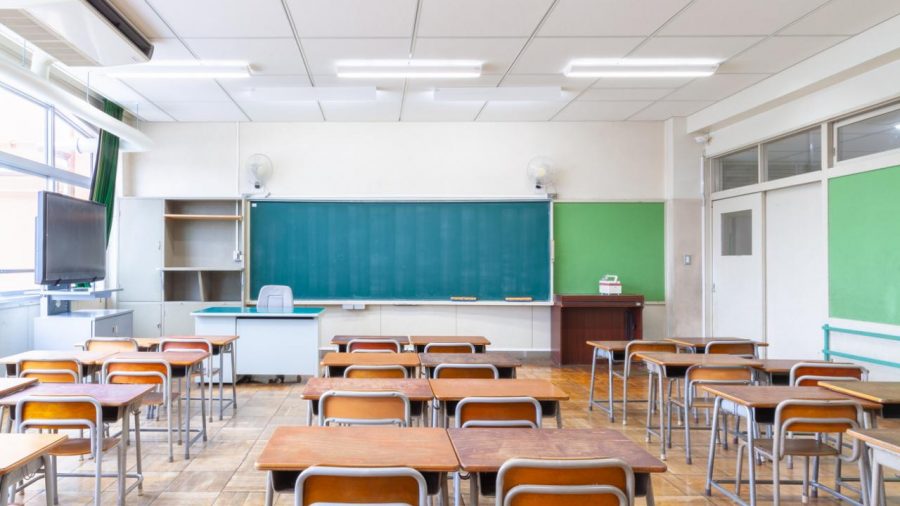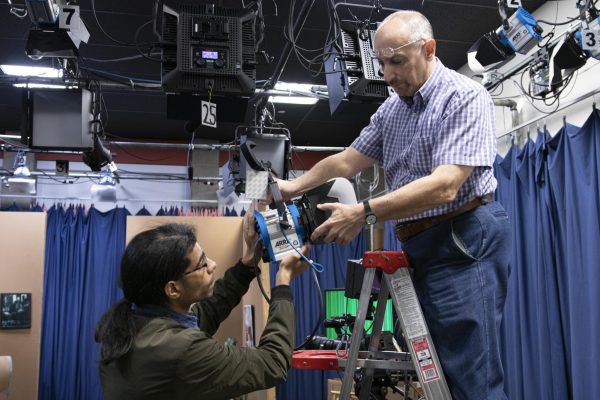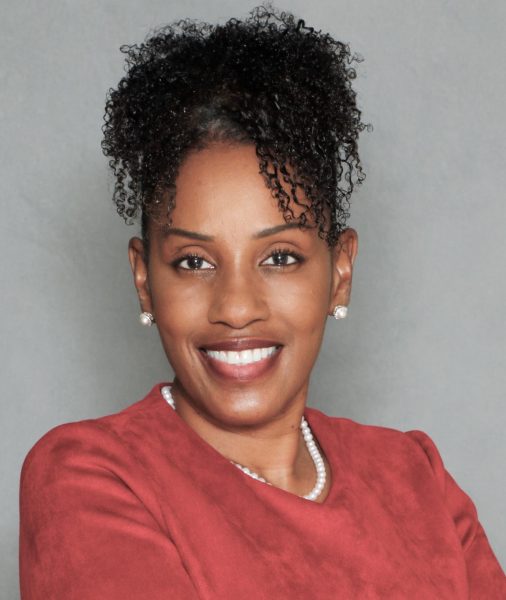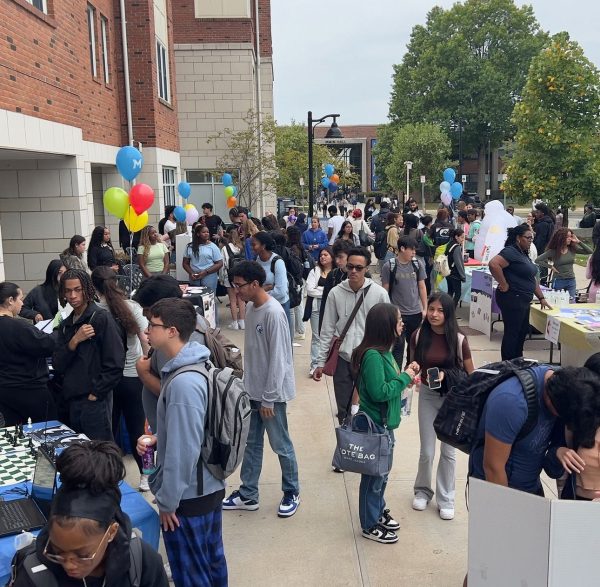Mercy College To Reopen In-Person Classes Next Fall
Mercy College is in order to reopen most in person classes for the fall 2021 semester after nearly a year of remote learning.
In person classes, known as “red” classes, are to mainly occur in a majority of media classes. However, the option for blended classes, distance-synced classes and non-synced distance classes are still available for some courses but are limited and unavailable for many departments. This move is under the new guidance put in by the Centers for Disease Control and Prevention (CDC) which plans to fully reopen all elementary, middle and high schools for in-person instruction this fall. However, the COVID-19 infection rates have to be low along with additional strict health and safety protocols. . If the rates go up, in-person classes will likely return to remote learning.
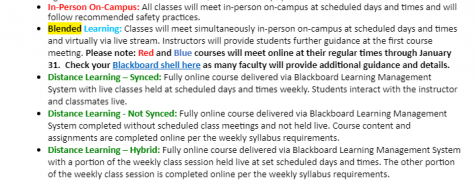
The return to in person classes marks a huge step forward for education in a COVID-19 world, but has left many students and professors split on whether they believe schools are ready to reopen for in person learning. Prof. Eduardo Albrecht, Associate Dean, School of Social and Behavioral Sciences views physical presence of students in the classroom to be more of a benefit than teaching through a webcam.
“You get better feedback from the students on the lesson you are teaching,” says Albrecht. “I believe in person [classes] transmit course material better than online [classes] for some disciplines.”
Many colleges and universities are joining the move for more in person classes for the fall including all 64 SUNY schools and most CUNY colleges across the New York City metro area. Mercy College, which shut down all in person classes exactly a year ago due to the pandemic, has since slowly began reopening classes since the Fall 2020 semester and has practiced protocols such as mandatory screening via the Mavericks Safe app, limited student attendance and randomized testing of all residential students. This time however, regular class sizes of around 20 students will be reinstated this coming fall for the majority of classes this fall.
Mercy College student, Ami Konate, is excited about the return of in person classes but is also hesitant for the complications it can bring. “It’s been nearly a year since the shut down and I can’t wait to experience being in the classroom again, but I don’t want anything bad to happen that can put our school in jeopardy.”
The reopening of colleges and universities across the U.S. is yet another push to redo the financial losses brought on from the coronavirus pandemic. The pandemic has caused millions of dollars in loss and is estimated to have a total of more than $100 million at many universities across the country. Reduced class sizes and minimal to non existent residential students has caused many colleges to either increase the cost of tuition on board or shut down completely due the staggering financial losses.
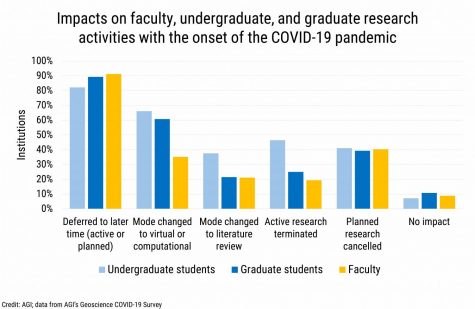
Despite the hope for the reopening of fall classes, the reality might be a little too slim for most schools to squeeze through and successfully pull off once the time comes. Since the start of the pandemic, most schools have struggled keeping the virus out of the colleges and under control. According to a New York Times survey, more than 120,000 positive tests have been linked to universities and colleges across the country since Jan. 1 and over 530,000 since the start of the pandemic last year. One of the most highly publicized cases being the start of the thousands of positive tests from the University of Alabama’s first week of classes back in Fall of 2020. To try to flatten the curve, many colleges, including Mercy College, eliminated Spring Break week as a fear that over the holidays, when people are most prone to travel, that many cases would come back positive. However, many have noted, that infection rates has still steadily increased this year including the temporary shut down and mandatory quarantine of the Dobbs Ferry campus earlier this year after a spike in positive cases among residential students.
For Albrecht, he believes that Mercy College has put the students and facility first which has payed off. “I think the college and school have done a great job addressing the safety concerns for everyone here,” says Albrecht.
Despite the rise of positive cases among students in K-12 and colleges across the country, the green light for reopening is still on and many colleges have taken the pledge for a full fall reopening. While many have their concerns and optimism about the move, almost all can agree that they are excited in some way to come back to their designated campus in the future.
Albrecht is excited about the return and is sure that Mercy College will do what they can to make everyone safe. “I’m sure some kind of flexibility will be put in place to address various concerns of members of the community.”
While many students are excited about the return, many students have their hesitations and worries about what the future has in store for them, including Konate.
“I’m want to return, don’t get me wrong. But i’m worried that we are jumping the gun and something bad will happen.”
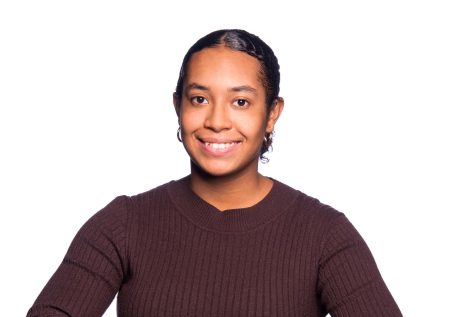
Britney Guzman is a Senior at Mercy College. She writes a column called Quali-Tea News where she discusses her love for cats, Taylor Swift and mental...



